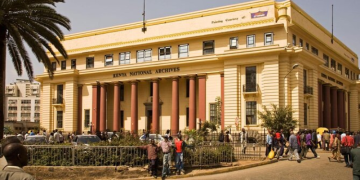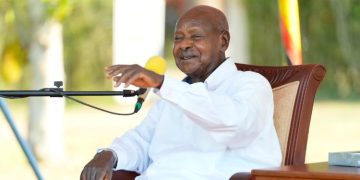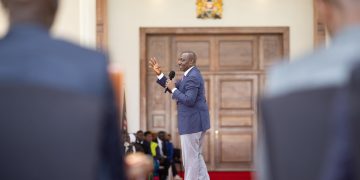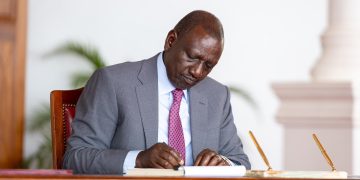President William Ruto is facing a legal battle over the legitimacy of his deputy, Prof. Kithure Kindiki, who was sworn in on 1 November 2024, after the impeachment of Rigathi Gachagua.
A petitioner, David Mathenge, driven by a commitment to uphold constitutional integrity, has filed an application, Petition E015 of 2025, questioning the legal basis for Kindiki’s installation as the country’s third Deputy President.
The petition stems from the hasty and contentious execution of Gachagua’s ouster in 2024.
The High Court lifted orders that had initially blocked Kindiki’s inauguration, despite legal concerns that were advanced by Gachagua’s team.
Rigathi Gachagua’s Advocate Andrew Muge, the DCP Director of Elections, explained that the Legitimacy of the appointment of the sitting ‘DP’ is a critical question that must be determined in the public interest immediately.
At the same time, George Sakimpa insisted that it would be contrary to the constitution and inimical to the rule of law for public funds to be utilised illegally by a potentially illegitimate office holder.
Why Kindiki should not be in office as DP
In his petition, Mathenge argues that allowing a potentially illegitimate appointee to continue in office risks violating the Constitution and eroding public trust.
Mathenge’s application contends that unresolved constitutional questions surrounding Kindiki’s appointment, particularly whether he properly vacated his role as Interior Cabinet Secretary, require judicial scrutiny.
Also Read: Why CJ Koome Retained Judges Appointed by DCJ Mwilu in Gachagua Case
The petitioner argues that Article 137(2)(b) of the Kenyan Constitution, which outlines qualifications and disqualifications for the presidency and deputy presidency, may have been breached.
Also, the application seeks a definitive ruling from a specially constituted bench to ensure clarity before public resources are further allocated to the office.
Deputy Chief Justice Appointed the three-judge bench
Deputy Chief Justice Philomena Mwilu named a three-judge bench, consisting of Justices Eric Ogola, Freda Mugambi, and Anthony Mrima, to hear petitions challenging the impeachment of Rigathi Gachagua on October 18, 2024.
Moreover, the action followed Gachagua’s initial approach to the court to block the National Assembly from considering the impeachment motion, with the DCJ empaneled to determine consolidated cases, including applications by the state to set aside orders blocking Kindiki’s appointment as Deputy President.
On May 9, 2025, the Court of Appeal stated that Mwilu lacked the authority to appoint this bench, as the power to empanel judge’s rests solely with the Chief Justice or a delegated judicial officer, nullifying the bench’s formation.
Also Read: Win for Gachagua as Court Rules on DCJ Mwilu’s Powers in His Impeachment Case
“We quash the orders of the Deputy Chief Justice dated October 18, 2024, assigning the three cases to Justices Ogola, Mrima and Mugambi,” the court ruled. However, it declined to bar Chief Justice Koome from reappointing these judges to a new bench, leaving that decision to her discretion,” stated Justices Daniel Musinga, Mumbi Ngugi and Francis Tuiyott.
Mathenge, in his petition, argues that CoA’s verdict was enough for Kindiki to vacate office.
“Despite the Judgment of the Court of Appeal, Prof. Kithure Kindiki continues to act as Deputy President and perform the functions of the Office of Deputy President in direct contravention of subsisting court orders and despite the legal invalidity of the process through which he assumed office,” reads part of the petition.
It adds, “The continued occupation of that office undermines the authority of the judiciary, contravenes the Constitution, and erodes public confidence in the rule of law and fidelity to judicial process.”
CJ Koome Retains Bench
Following that ruling Chief Justice Martha Koome reappointed the same bench to hear petitions related to Gachagua’s impeachment, despite the Court of Appeal’s criticism of the initial selection process.
The petitions, initially certified by Justice Lawrence Mugambi as raising constitutional questions, the impeachment process that led to Gachagua’s removal on October 17, 2024, and Kindiki’s subsequent swearing-in on November 1, 2024.
Follow our WhatsApp Channel and join our WhatsApp Group for real-time news updates.


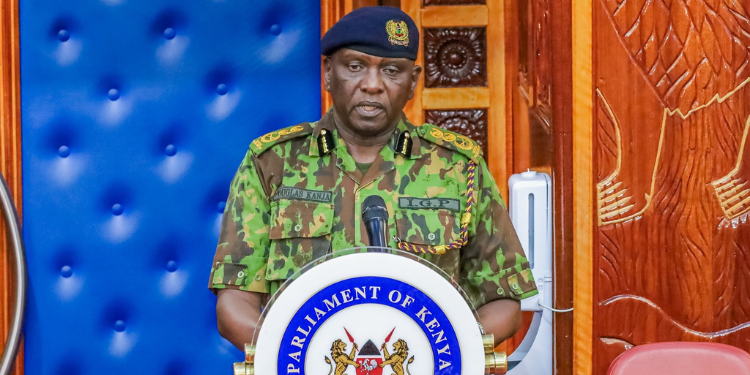


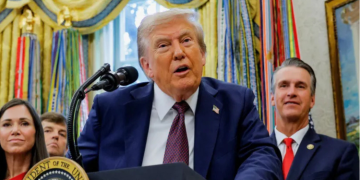



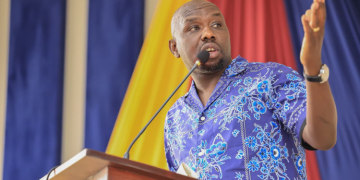
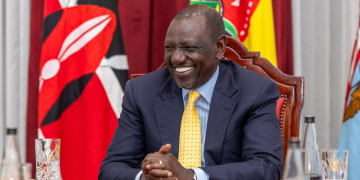












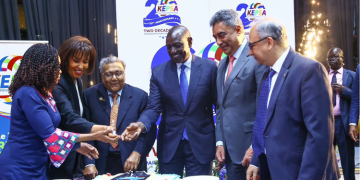






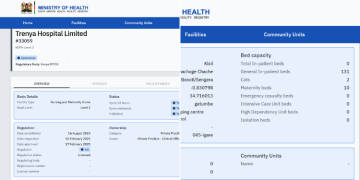

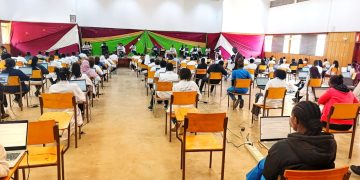
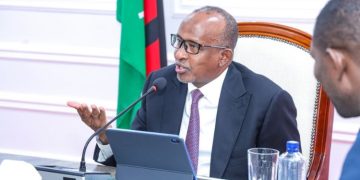


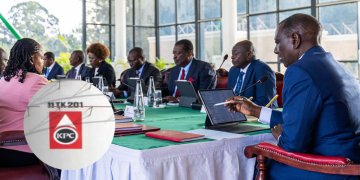





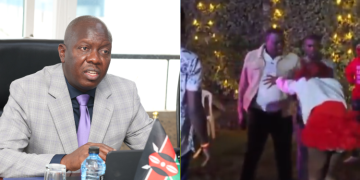


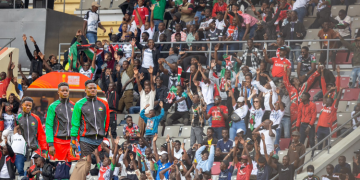





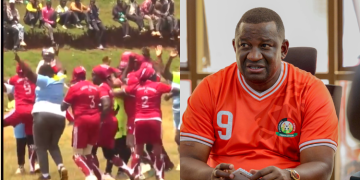


![Ntv Anchors Bring Village To Standstill With Heartwarming Birthday Party [Photos] A Photo Of Ntv Swahili Anchors Lofty Matambo And Fridah Mwaka During Their Birthday Celebration In Kilifi County Photo/ Lofty Matambo And Fridah Mwaka]( https://thekenyatimescdn-ese7d3e7ghdnbfa9.z01.azurefd.net/prodimages/uploads/2025/09/A-photo-of-NTV-Swahili-anchors-Lofty-Matambo-and-Fridah-Mwaka-during-their-birthday-celebration-in-Kilifi-County-PHOTO-Lofty-Matambo-and-Fridah-Mwaka-360x180.png)






